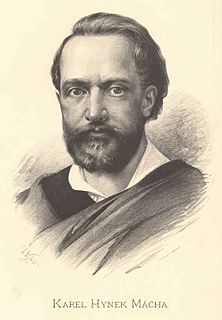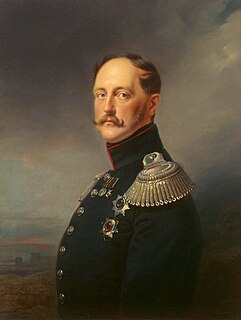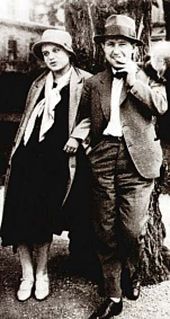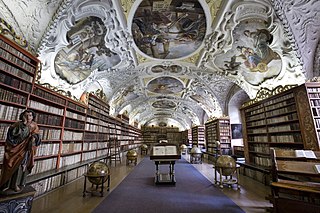
Czech literature is the literature written in the Czech language. The earliest literary works written in Czech date to the 14th century. Modern literature may be divided into the periods of national awakening in the 19th century; the avant-garde of the interwar period (1918-39); the years under Communism and the Prague Spring (1948-90); and the literature of the post-Communist Czech Republic (1992-present).
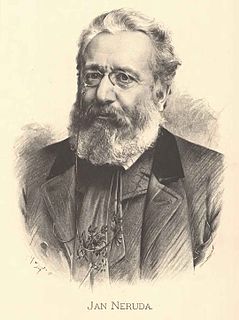
Jan Nepomuk Neruda was a Czech journalist, writer, poet and art critic; one of the most prominent representatives of Czech Realism and a member of the "May School".
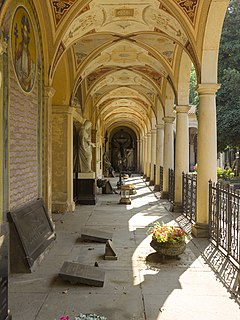
Established in 1869 on the grounds of Vyšehrad Castle in Prague, Czech Republic, the Vyšehrad cemetery is the final resting place of many composers, artists, sculptors, writers, and those from the world of science and politics. The centerpiece of the cemetery is the Slavín tomb designed by Antonín Wiehl, a large and notable tomb located within Vyšehrad cemetery.

Konstantin Biebl was a Czech poet and writer. His first collection of poems was released in 1923, and his last in 1951, the year of his death by suicide. During that time he also travelled widely as a reporter. Biebl was a member of the Communist Party, and was closely associated with other Czech Communist writers and poets including Jiří Wolker and Vítězslav Nezval.

Josef Hora was a Czech poet.
Iša František Krejčí was a Czech neoclassicist composer, conductor and dramaturge.

Viktor Oliva was a Czech painter and illustrator.
Nationality words link to articles with information on the nation's poetry or literature.

Karel Sabina was a Czech writer and journalist.
The Májovci were a significant group of Czech novelists and poets of the second half of the 19th century, who were inspired by the work of Karel Hynek Mácha, Karel Havlíček Borovský and Karel Jaromír Erben.
Cikáni is an 1835 novel written by Czech poet Karel Hynek Mácha with typical tokens of Romanticism: old castles, night scenery and a romantic complicated plot. It is Mácha's only completed novel.
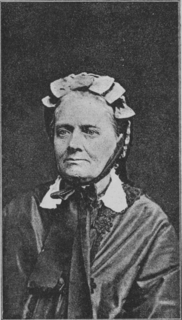
Eleonora Šomková was the fiancée of Karel Hynek Mácha. The poet died two days before their intended wedding. Intimate details of their relationship were revealed by deciphering Mácha's Diary of 1835.
Diary of Journey to Italy is a travel book by Czech poet Karel Hynek Mácha, which was likely not meant to be published.

Máj was a Czech literary almanac published by a group of authors centred around Jan Neruda and Vítězslav Hálek.
STUHA was an alternative, independent student movement in the late phase of the Czechoslovak Communist régime. It was gradually formed by Prague students in the late spring and early summer of 1989. The movement was the catalyst that mobilized the university students, later culminating in the demonstration and march at Albertov, Prague, and then on to the city centre, on 17 November 1989.
Národní listy was a Czech newspaper published in Prague from 1861 to 1941.
